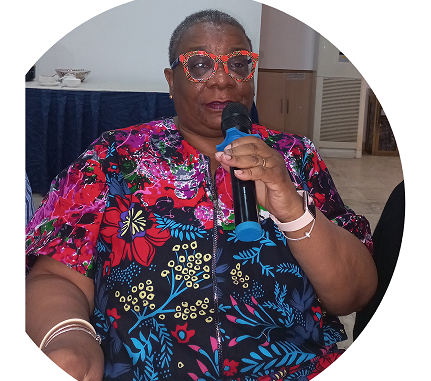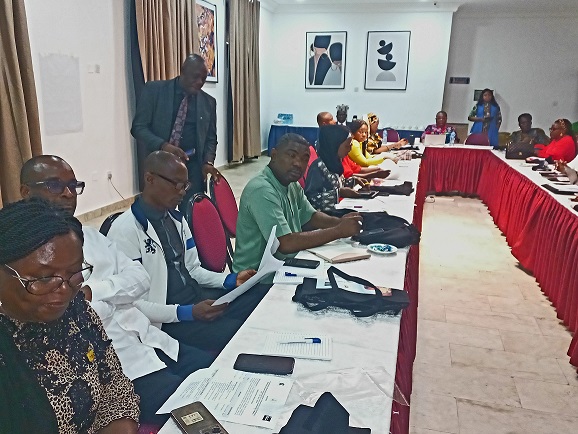
By Kemi Yesufu
The government’s slow-paced response to sexual harassment in tertiary institutions has come under scrutiny with women’s rights activists calling on states and the Federal Government to introduce, recalibrate and effectively implement policies to curb the menace especially in public-owned institutions.
Executive –Director of the Non-Governmental Organisation, Alliances For Africa (AfA), Iheoma Obibi, led the call for a display of political will by government to deal with the challenge which she said has become normalized in government owned tertiary institutions.
Obibi who spoke to reporters on the sidelines of a one-day consultative forum with media executives on sexual harassment in tertiary institutions organised by AfA on Monday in Abuja, also stressed the need for the Federal Government and states to institutionalise polices to better protect female students from all forms of Sexual and Gender-Based Violence.

AfA is executing a three-year pilot scheme on the prevention of sexual harassment in 12 universities selected from the six-geo political zone in collaboration with the universities’ Centres for Gender Studies.
Obibi revealed that a baseline study conducted by her orgainsation in two universities indicates that about 70 percent of students have experienced a form of sexual harassment. She explained that the survey will be conducted in 12 more universities and the results formally presented to the government.
She said: “A lot of universities have sexual harassment policies, but when we looked at them they are not worth the paper they were written on. The policies had no clear referral, or reporting pathway. They had some sexual harassment policies which from the first sentence told the students, well if you are lying, this is what is going to happen. There was no mention of the victim’s psychosocial welfare.
“So, the low hanging fruits for a university is an effective sexual harassment policy, a low-hanging fruit for universities’ Centre for Gender Studies would be their having a strategic plan on things that could be done to strengthen their roles. Additional low-hanging fruits for universities would for students, academic and non-academic staff, to ensure that our children are provided a safe environment to learn”.
Senior editor and media facilitator for the meeting, Mr. Tobi Soniyi expressed the need for the media to support the push for a safer learning environment for female students.
“Our concern here is sexual harassment in tertiary institutions. Many students’ lives have been ruined by this. Some drop out of schools, others avoid classes. Some surrender after being told they have no choice. It is being done with impunity. We have an epidemic on our hands. As journalists what can we do to stem the tide? It is our job to make sure that perpetrators are exposed and punished”, he stated.






Be the first to comment